Are you an
aspiring engineer in Arunachal Pradesh with your sights set on a government
job? The Arunachal Pradesh Public Service Commission (APPSC) Junior Engineer
(JE) exam is a highly sought-after opportunity. With the APPSC JE 2025
recruitment officially announced, it’s the perfect time to get a head start on
your preparation. A strong understanding of the syllabus and exam pattern is
your first step toward success.
This
detailed guide, crafted for aspiring JE candidates, will walk you through the
complete APPSC JE 2025 syllabus, the exam pattern, and provide valuable
insights to help you prepare effectively.
The APPSC JE
recruitment drive for 2025 aims to fill 413 vacancies across various state
departments, including PWD, Hydro Power, and Water Resources. This presents a
significant opportunity for candidates with a diploma or degree in the relevant
engineering disciplines.
Key details
to keep in mind:
|
Details |
Information |
|
Recruiting
Body |
Arunachal
Pradesh Public Service Commission (APPSC) |
|
Post Name |
Junior
Engineer (JE) |
|
Total
Vacancies |
413 |
|
Application
Dates |
September
18 to October 10, 2025 |
|
Exam Date
(Tentative) |
January
11, 2026 |
|
Selection
Process |
Written
Examination, Viva Voce (Interview), and Document Verification |
The APPSC JE
2025 selection process includes a written exam that consists of two main
papers, followed by a viva voce (interview). Understanding the exam pattern is
crucial for time management and strategic preparation.
The written
exam is divided as follows:
|
Paper |
Subject |
Number of
Questions |
Total
Marks |
|
Paper-I |
General
Studies & Aptitude |
150 |
150 |
|
Paper-II |
Technical
Paper (Branch-Specific) |
300 |
300 |
|
Viva Voce |
Interview |
- |
50 |
|
Total |
450 |
500 |
Each correct
answer in the written exam will be awarded a certain number of marks, though
the exact value per question is not specified in the sources.
There is a
negative marking of 1/6th of the marks allotted for each wrong answer.
The syllabus
for the APPSC JE exam is comprehensive, covering both general subjects and the
core technical knowledge of your engineering discipline.
Paper I: General Paper
This paper
is designed to test your overall knowledge and aptitude. The syllabus is broken
down into three main sections:
|
Section |
Topics
Covered |
|
General
English |
This
section evaluates basic language skills. It includes grammar, vocabulary,
reading comprehension, and sentence formation. |
|
General
Studies |
This part
assesses your awareness of the world, including current events, scientific
and technological updates, and important national, international, and
regional issues with a special focus on Arunachal Pradesh. Key topics include
Indian History, Geography, Polity, and Economy. |
|
Aptitude |
This
section includes questions on logical thinking, numerical ability, analytical
skills, and problem-solving. It also covers topics in engineering mathematics
and questions on ethics and values related to the engineering profession. |
Paper II:
Technical Paper (Branch-Specific)
The technical paper focuses on the core concepts of your chosen engineering discipline. The syllabus varies for each branch.
The Civil Engineering syllabus is extensive and covers a wide range of topics.
Part-I Topics | Part-II Topics |
Measurements: Area and volume, force, energy, pressure, velocity, density, length, and metric measures of liquid, volume, and weight. | Water Supply Engineering: Quality and quantity of water, purification methods, and distribution systems. |
Surveying: Chain, plane table, compass, leveling, contour, and theodolite surveys. | Drainage: Surface drainage, sewer design, domestic drains, and house drainage systems. |
Strength of Materials: Stress, strains, elasticity, and bending moments. | Transportation Engineering: Classification of roads, geometric design, and types of pavements. |
Soil Mechanics and Foundation: Engineering properties of soil, bearing capacity, and design of foundations. | Building Construction: Planning and design, building bylaws, and various materials. |
General Masonry: Safe permissible loads, and design of retaining walls and abutments. | Irrigation Engineering: Hydrologic cycle, precipitation, and conservation measures. |
R.C.C. Structure: Theory of reinforced concrete, properties of materials, and design principles. | Hydraulics: Properties of liquids, pressure, flow of liquids, and hydraulic machinery. |
|
Subject |
Topics Covered |
|
1.
Thermodynamics |
Introduction to
engineering thermodynamics; Power generating equipment like boilers,
turbines, and IC engines; Ideal gas compression and compressors; Fuel and
combustion; IC engine cycles and efficiency calculations; Open and closed gas
turbine cycles. |
|
2. Heat
Transfer |
Introduction to
heat and mass transfer; Steady-state conduction, convection, and radiation
heat transfers. |
|
3. Fluid
Mechanics |
Properties of
liquid; Hydraulic pressure and its measurement; Flow of liquids, including
steady, unsteady, laminar, and turbulent flows; Orifice, mouthpiece, and
nozzles; Flow through pipes and the fundamentals of channel flow; Hydraulic
machinery, including different types of pumps and turbines. |
|
4. Machine
Design & Manufacturing Processes |
Machine Design:
Drawing of gears, gear boxes, lathe and milling machine components; Drawing
of miscellaneous machine parts of pumps, engines, and compressors.
Manufacturing Processes: Study of hand tools for workshop practice; Practice
on welding, automobile maintenance, and dismantling and assembling machine
components; Fundamentals of metal cutting, calculations of cutting and tool
life, and general-purpose machine tools; Newer and advanced machining
processes like USM, LBM, EDM, ECM, and CNC machines. |
|
Subject |
Topics Covered |
|
1. Power
Systems |
Generation:
Hydro Electric, Thermal, Nuclear, Solar, and Wind power generation systems;
Basic understanding of electric generators, ratings of prime movers, and alternators.
Transmission and Distribution: Short, medium, and long transmission lines;
Voltage regulation, corona effect, Ferranti effect, and types of distribution
feeders. Rural Electrification: LT transmission and distribution lines, rural
electrification in India, and power tariffs. |
|
2.
Electrical Machines |
DC Machines:
Construction, working principles, and types of DC machines; EMF equations,
armature reaction, torque equations, and speed control. Transformers:
Construction, working principle, EMF equations, equivalent circuits, and
efficiency; Autotransformers and three-phase transformers. Induction and
Synchronous Machines: Working principles, rotating field, torque-speed
characteristics of three-phase induction machines; Construction, working, and
phasor diagrams of three-phase synchronous generators and motors. |
|
3. Circuit
Theory |
Single-Phase
A.C. Circuits: Phasor representation, and R-L, R-C, and R-L-C combinations;
Impedance, power factor, and resonance. Three-Phase Circuits: Phasor
representation, types of connections (star and delta), and power calculations.
Network Theorems: Superposition theorem, Thevenin's theorem, Norton's
theorem, and Maximum power transfer theorem. |
|
4. Control
Systems |
Power System
Protection: Switchgear and the protection of power systems. |
|
Subject |
Topics Covered |
|
1. Computer
Networks |
Computer
Networking Concepts & Devices: Network topology, network types (LAN, MAN,
WAN), and transmission media types. Connecting Devices: Hub, repeater,
bridge, and switch. Internetworking Devices: Router, gateway, and firewall.
Wireless Networks: Satellite systems, cellular systems (GSM, Wi-Fi, WiMAX),
mobile ad hoc networks, Bluetooth, and wearable computers. |
|
2.
Microprocessors |
Microcomputer:
Organization and programming of 8-bit microprocessors. CPU: Memory and CPU
support chips. Interfacing: Interfacing memory and I/O devices.
Microprocessor Development Tools: Microprocessor-based and application
development. |
|
3.
Communication Systems |
Analog Signals:
Types and representation of analog signals. Modulation: Amplitude, frequency,
and phase modulation. Digital Communication: Typical digital communication
system design, sampling theorem, and time multiplexing of signals. Errors:
Error detection and correction for partial response coding. Digital
Communication Techniques: Basic binary communication by on-off keying and
frequency shift keying. |
|
4. Other
Topics |
Electronics:
Solid state devices, Boolean algebra, circuit minimization, and combinatorial
and sequential circuits. Digital Electronics: Binary number codes, logic
gates, and simplification of logic gates. Web Technology: HTML, HTML editors,
web authoring tools, CSS, and JavaScript. Computer Programming: Programming
in C syntax and semantics, variables, control flow, arithmetic and Boolean
expressions, and object-oriented programming; Data structures and various
types of representation of array elements. Peripherals & Fault Diagnosis:
Input and output devices, troubleshooting processes, and maintenance
checklists. Troubleshooting of Electronic Systems: Electronic components,
systems symbols, identification of terminal, ratings, limitations, and types
and causes of troubles; Measuring and test equipment like multimeters, ohm
meters, and voltmeters. |
Know Your
Syllabus Inside Out: Begin by thoroughly understanding the syllabus for both
the general and technical papers.
Create a
Study Plan: Develop a realistic schedule that allocates dedicated time for each
subject.
Gather the
Right Materials: Use standard textbooks, reference books, and online resources.
Solve previous years' question papers to understand the exam's difficulty and
trends.
Focus on
Fundamentals: A strong foundation in core engineering concepts is crucial.
Practice
Regularly: Solve numerous mock tests and practice questions to improve your
speed and accuracy.
Q1: Is there
a negative marking in the APPSC JE 2025 exam?
Yes, there is a negative marking of 1/6th of
the marks for each wrong answer.
Q2: What is
the selection process for the APPSC JE post?
The selection process involves a written
examination followed by a personal interview and document verification.
Q3: Where
can I find the official APPSC JE 2025 notification and syllabus?
You can find the official notification and
detailed syllabus on the official website of the Arunachal Pradesh Public
Service Commission (APPSC).
Cracking the
APPSC JE 2025 exam requires a disciplined approach and a deep understanding of
the syllabus and exam pattern. By leveraging this guide, you can create a
targeted study plan and stay on track with your preparation. Remember,
consistent effort and strategic practice are the keys to a successful outcome.
Ready to
start your preparation?

Makeiteasy
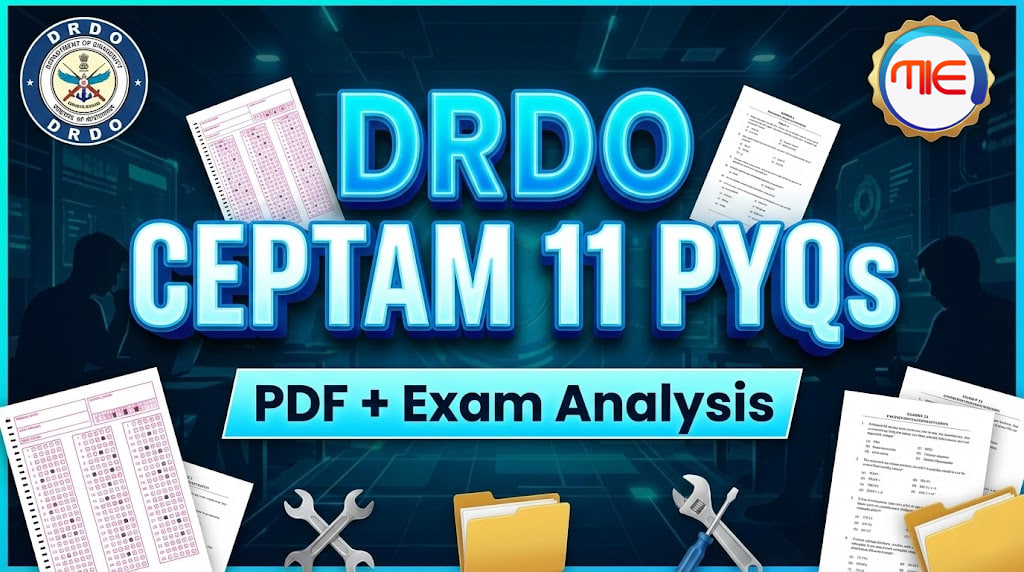
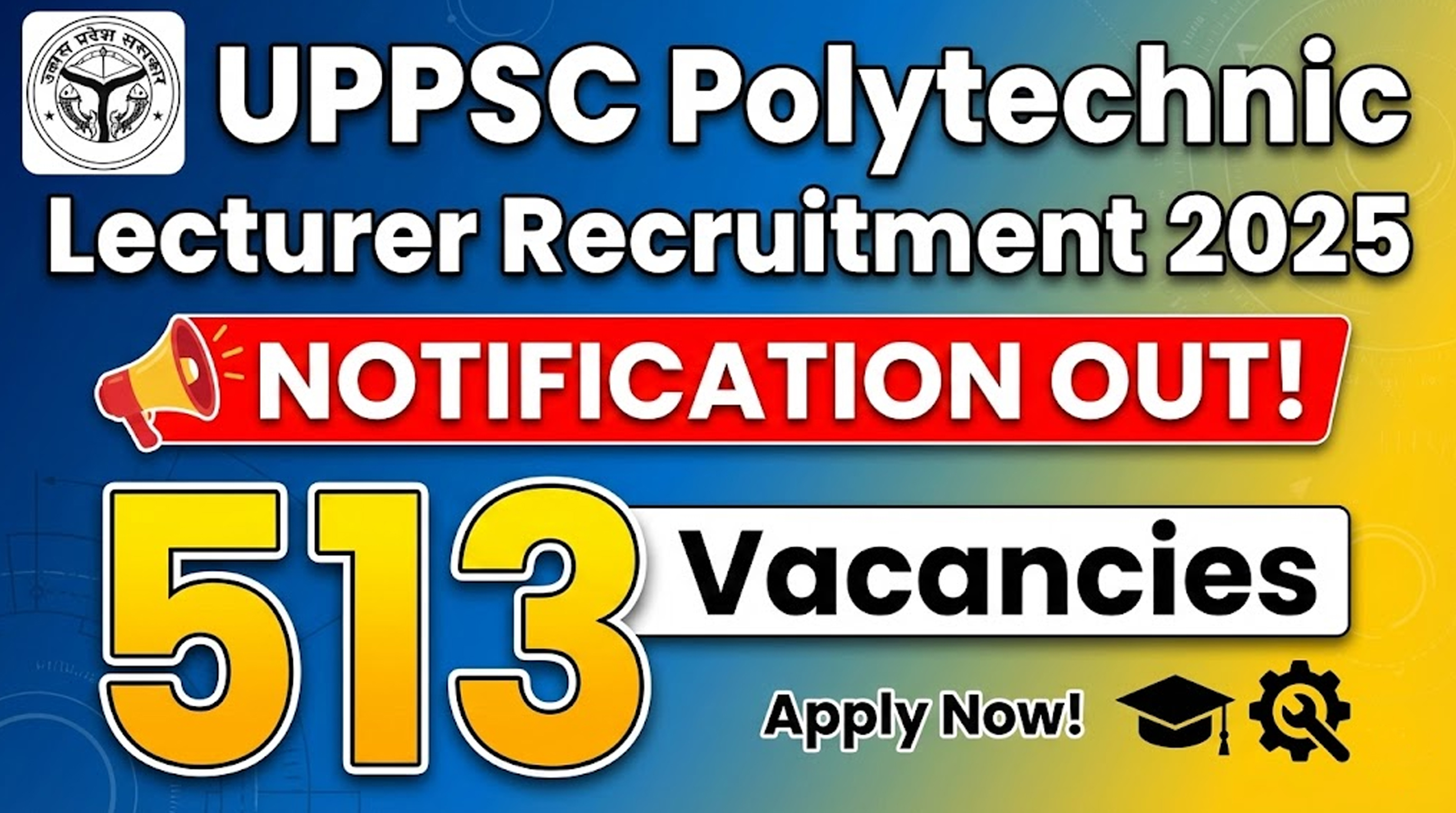
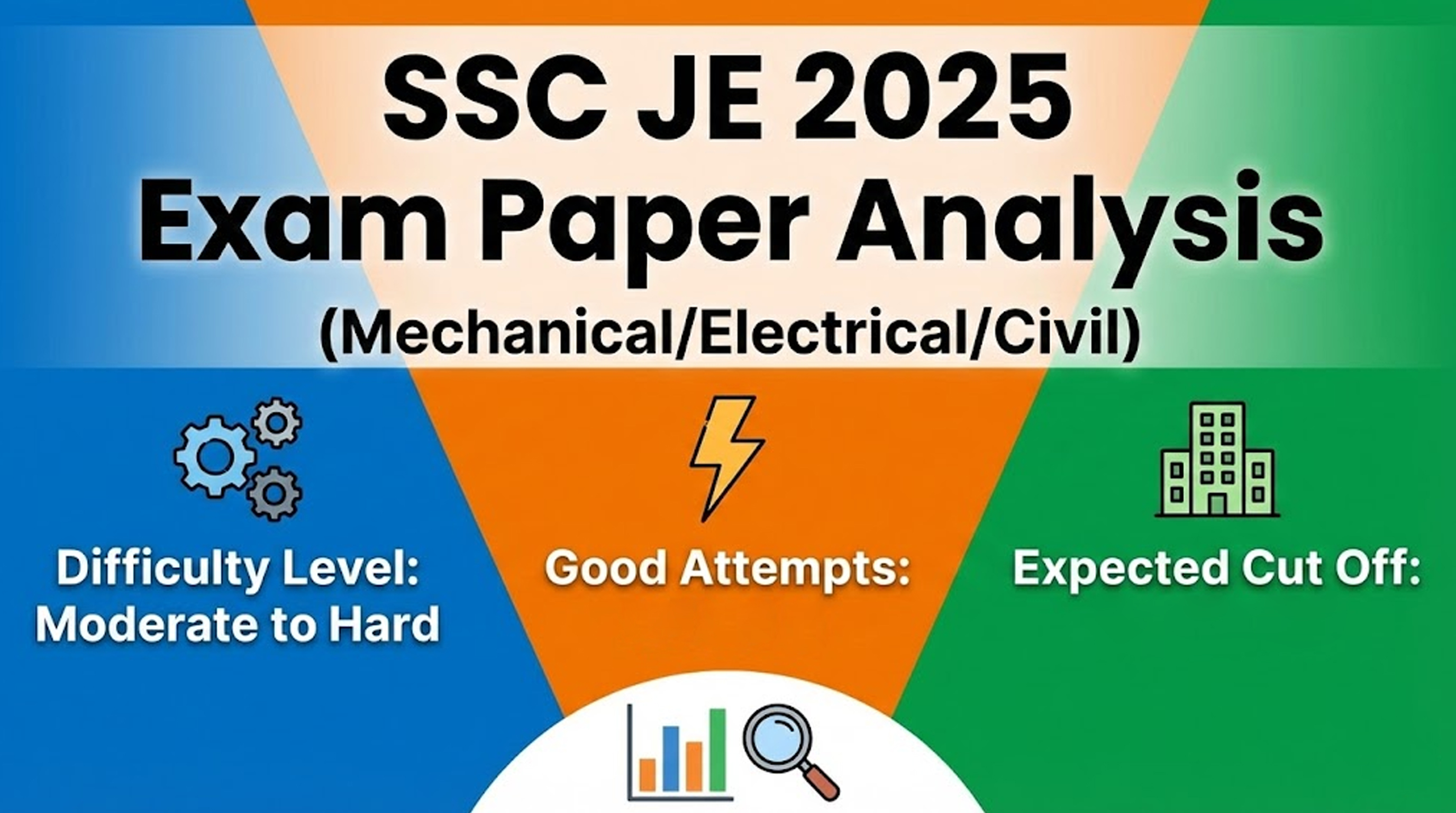
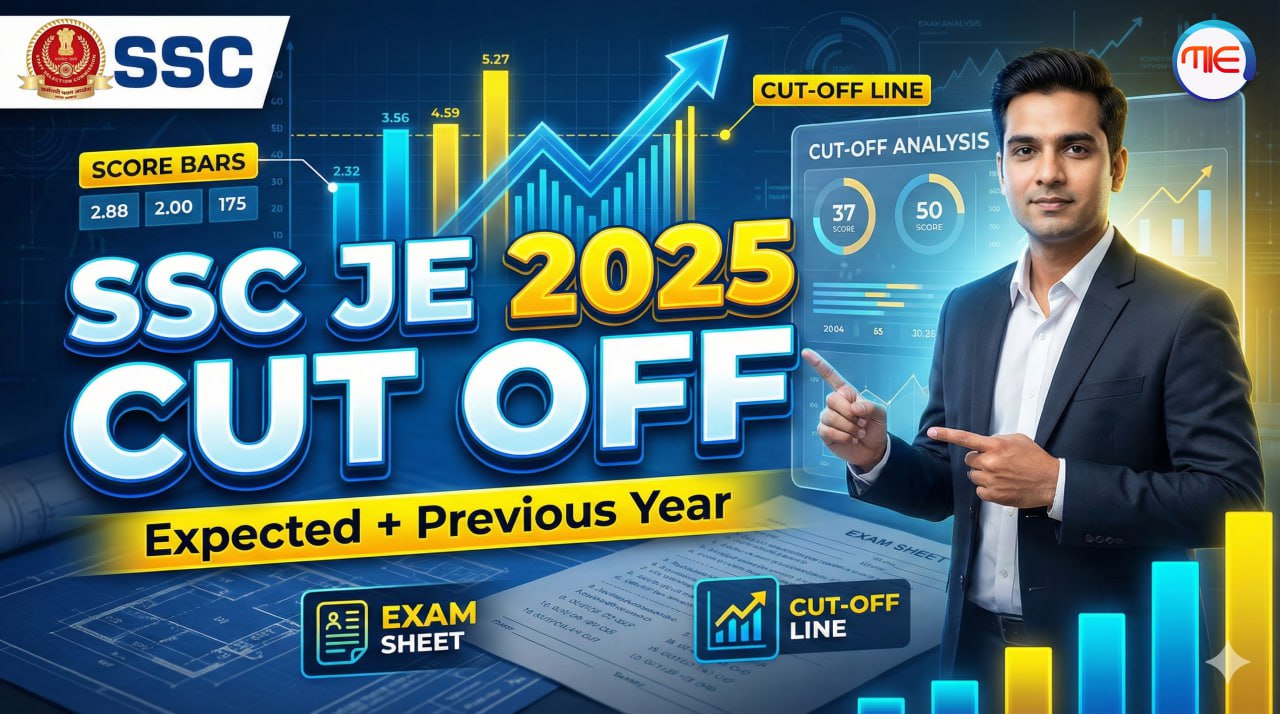
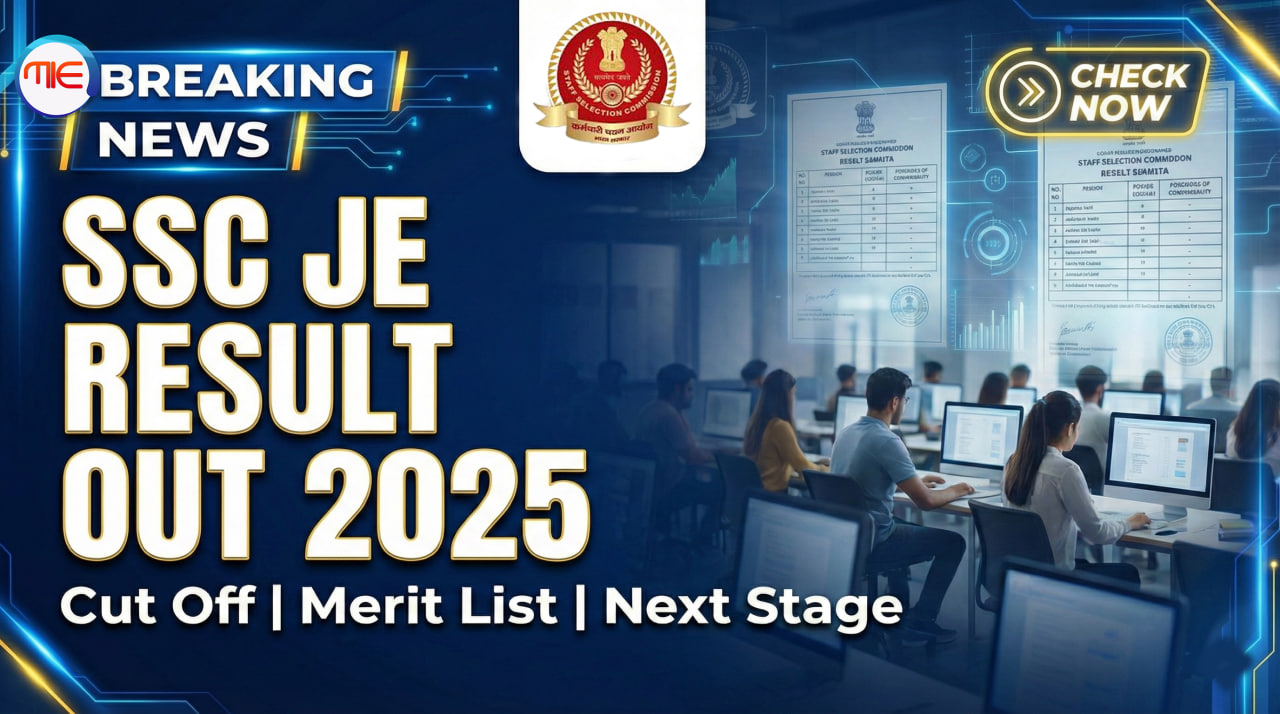
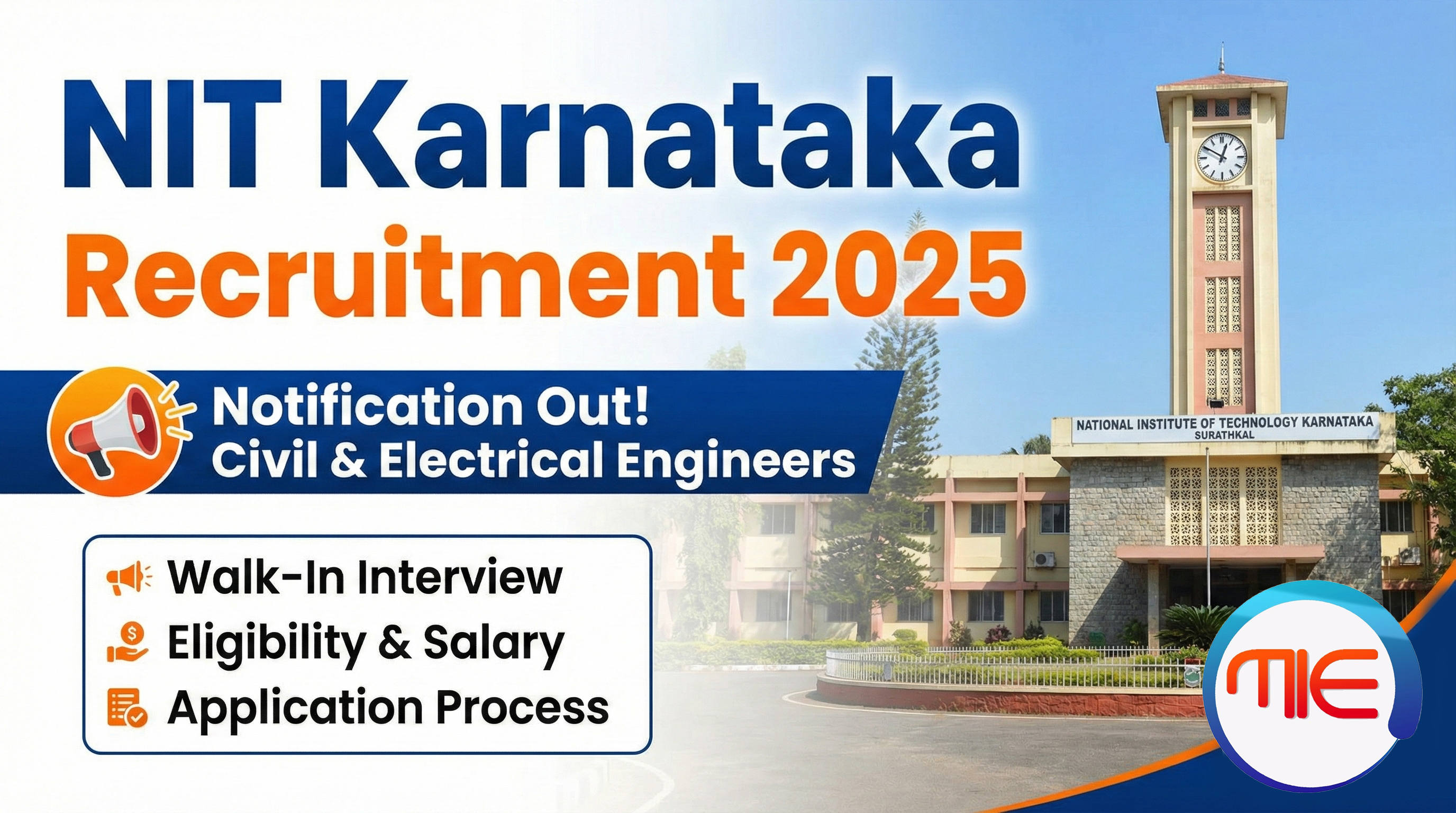
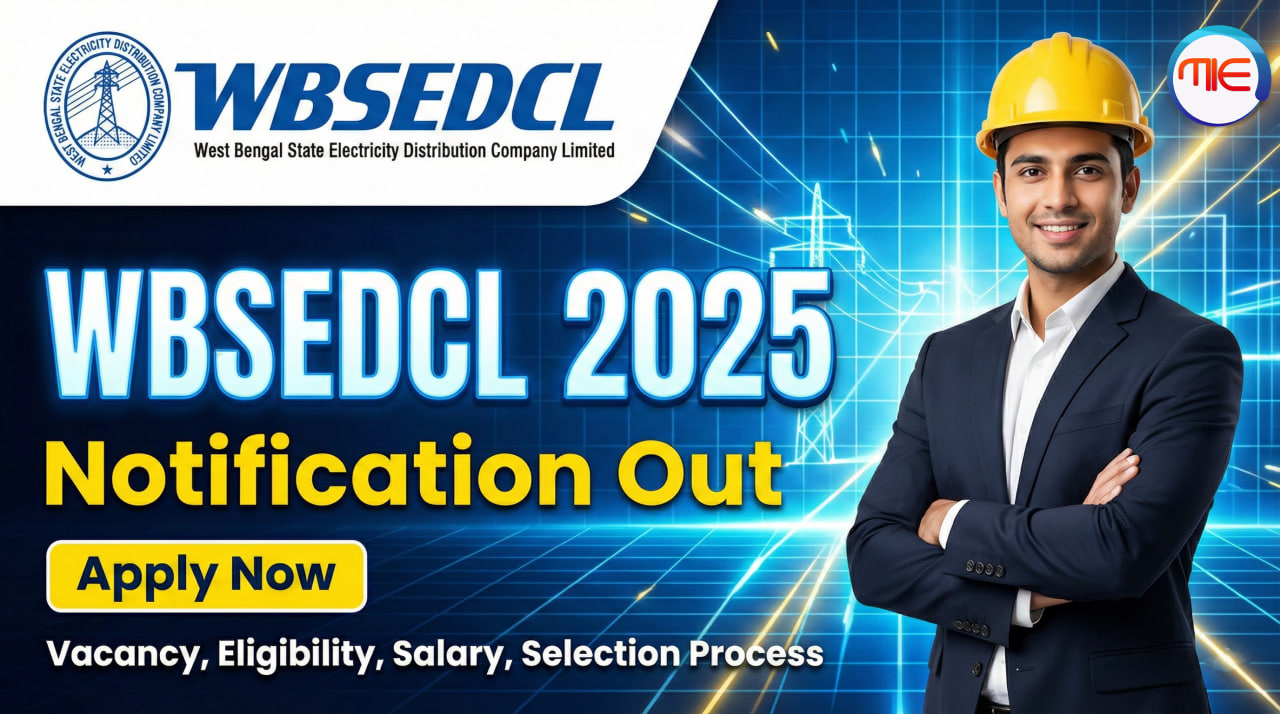
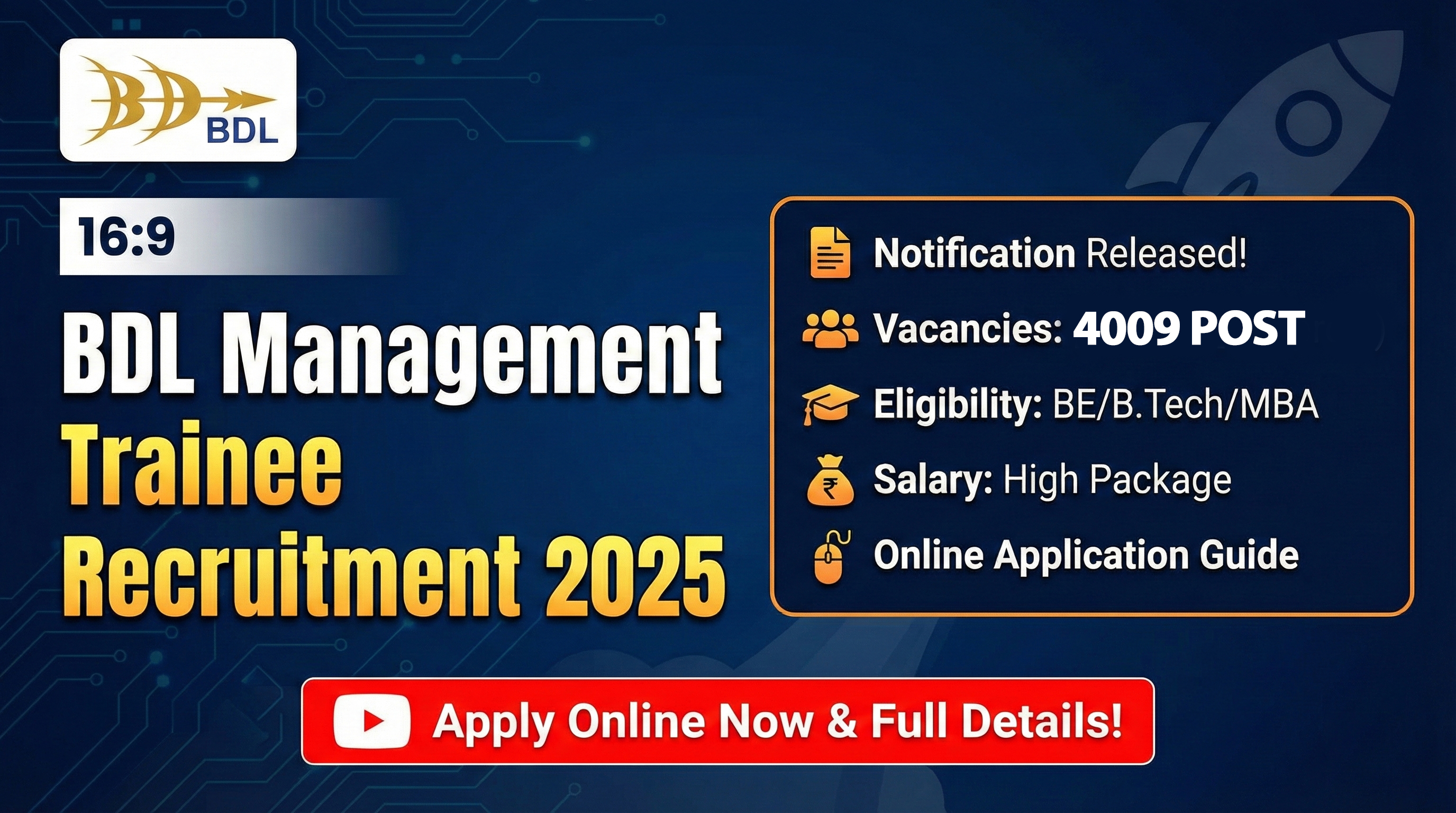
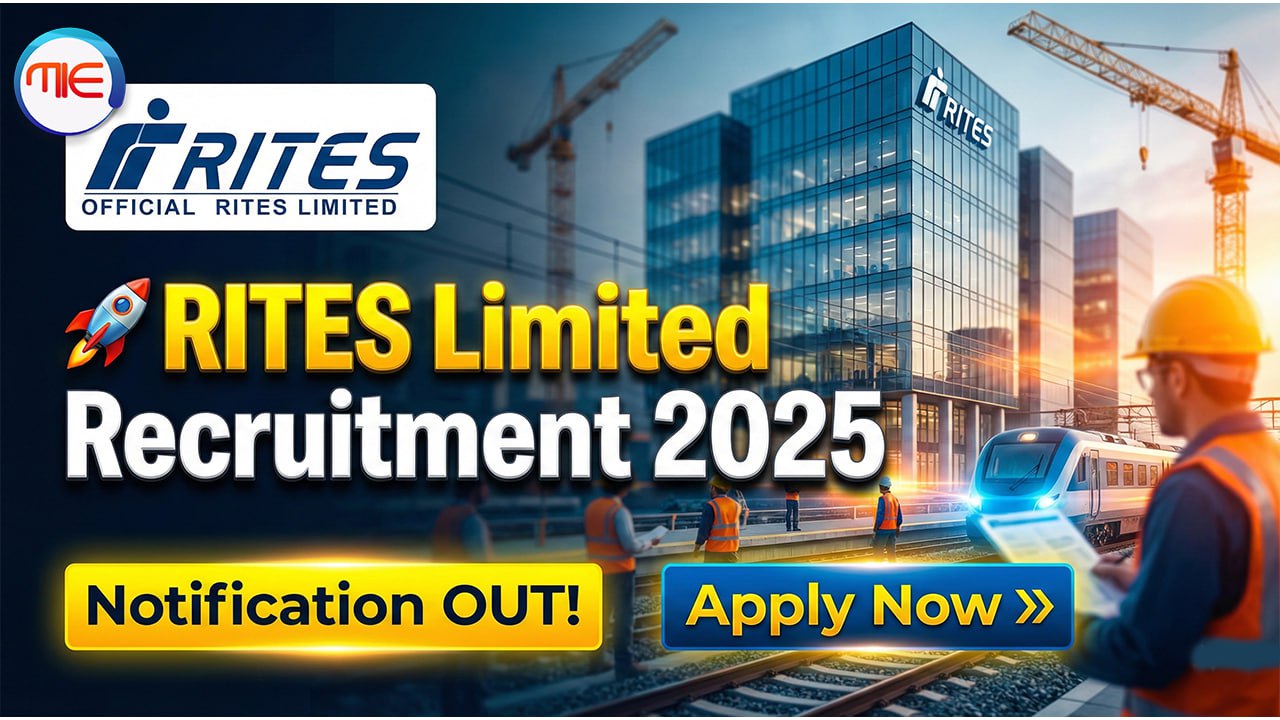
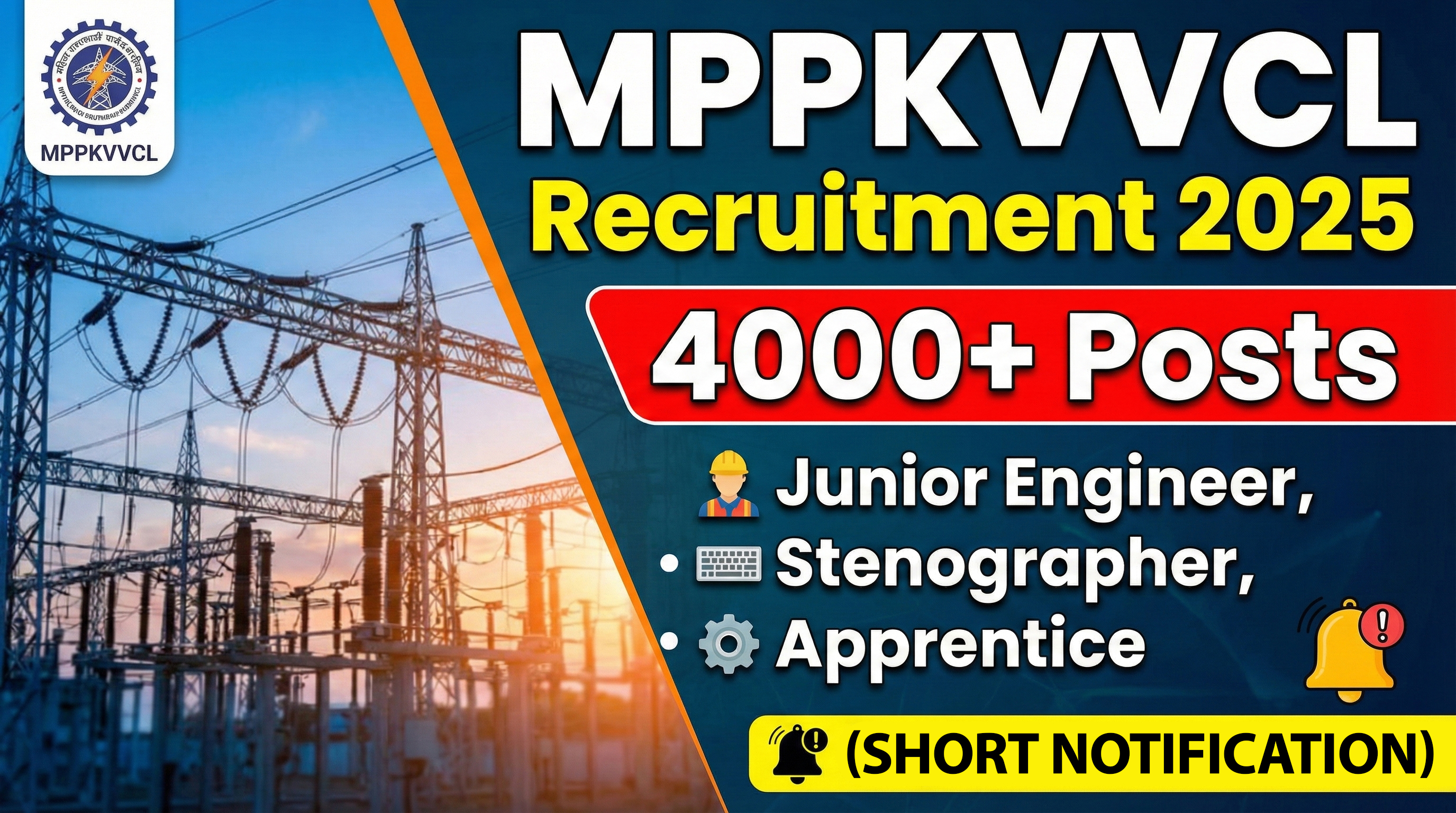
Leave a Comment